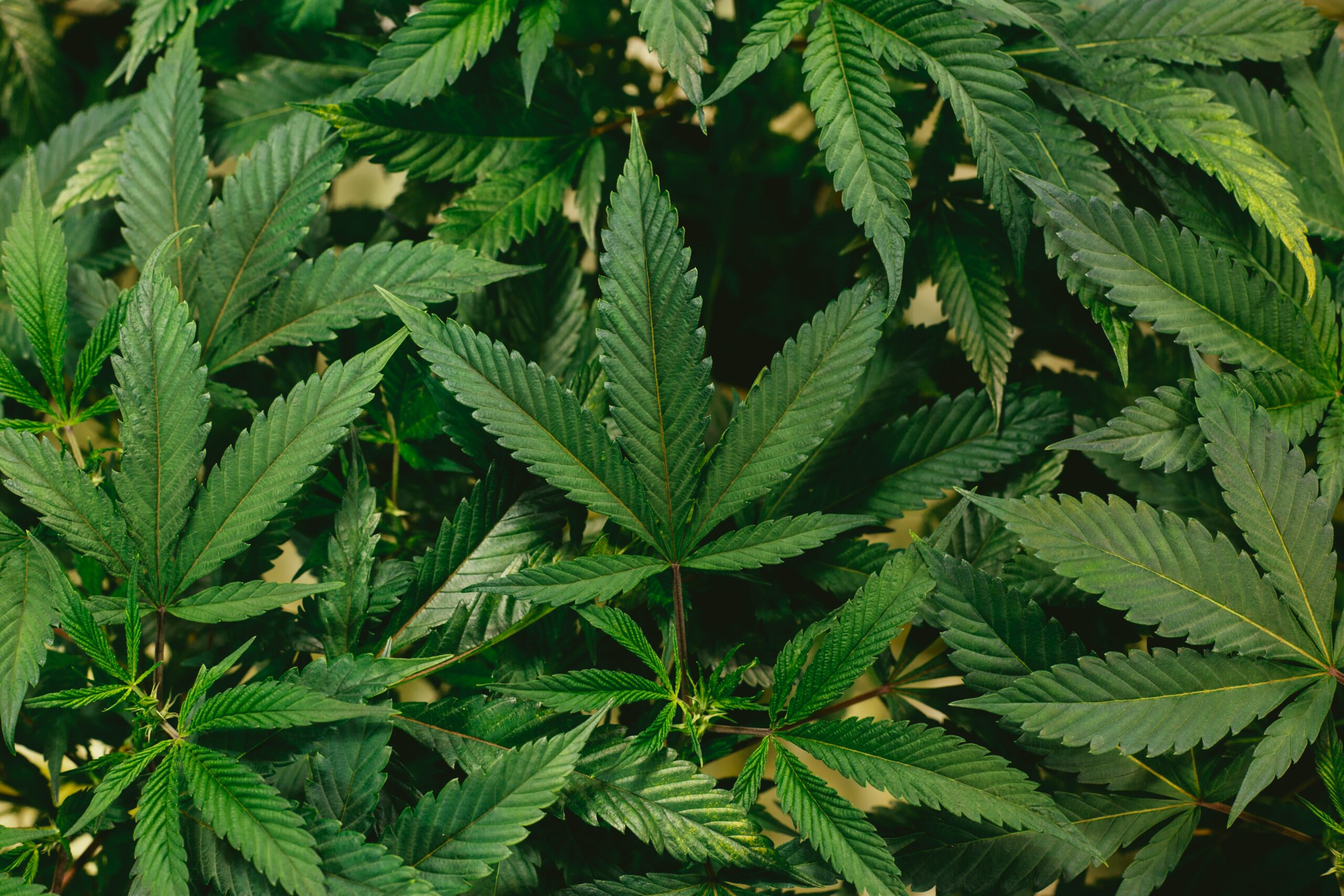“Big Weed” is the $33 billion-dollar marijuana industry that prefers to go by its euphemistic term cannabis. It is spending hundreds of millions of dollars to pass ballot initiatives in 5 states, defeat Republican candidates for office this November, and bring a pot store close to you.
For the first time in history more Americans smoke pot than tobacco. The Gallup poll reports that 15% of Americans use marijuana, while only 11% smoke tobacco.
Big Weed is far worse now than the pot of a generation ago. Each year it becomes more potent and harmful, with its average delta‐9‐tetrahydrocannabinol (THC) level rising by 28.5 percent in the last half-century.
The medical journal Lancet Psychiatry has just reported on a new study that the higher the potency of the marijuana, the higher the risk of developing a psychotic illness known as cannabis use disorder. Despite this, recreational marijuana is lawful in 19 states and Washington, D.C.

The increased use of marijuana is linked to upticks in homicides and suicides, a rise in medical problems, and an increase in pot-related fatal traffic accidents. Legalizing pot does not end the black market for it, as proven on Friday by the bust of an illegal pot operation in the California Bay Area where $4 million-worth of plants were seized.
The Cannabis Research Center at the University of California in Berkeley reported last year that there are still more illegal cannabis farms than lawful ones, a half-decade after California legalized pot under the pretext of ending the illegality. Bills headed to its governor now for signature include legalizing marijuana use for animals, and prohibiting employers from firing workers for off-job pot-smoking.
Voters in Missouri, Arkansas, Maryland, North Dakota, and South Dakota should not want to become more like California where advertisements to buy and smoke pot are everywhere. The pungent stench of marijuana crops extends for more than a mile, and the odor from smoking the weed reeks far worse than tobacco.
The marijuana ballot initiative in Missouri is a confusing 38 pages of single-spaced fine print, which should not have been allowed on the ballot. This bill would never pass the Missouri legislature, and should not be approved by voters.
Marijuana became legal in New Mexico in April, and almost immediately 478 licensed retailers of pot littered that state. That is more than two-thirds the number of pot retailers in Colorado, which has a larger population.
Big Weed is causing a big water problem in areas of the country suffering from the summer drought. Marijuana plants soak up huge amounts of water, and often the pot growers steal that water from neighbors who need it.
Deer Creek in Oregon has run dry because of the theft of its water by marijuana growers. Cannabis needs the most water during dry summer months when water shortages have worsened for everyone else.
In Humboldt County, California, cannabis plants have been diverting so much water that the wells of neighbors are running dry. A settlement in 2019 to address this has not been successful, and people are being asked to create their own ponds to try to maintain enough water for themselves.
Estimates are that cannabis requires 100 to 200 gallons of water to grow merely one pound of it. That translates to 10 or more gallons of water wasted for every tiny ounce of pot.
Legalizing pot a decade ago in Colorado caused an explosion in pot-growing there, legal and illegal, which has drained water away from the Colorado River on which Arizona and Nevada depend. Water-wasteful marijuana farming is surging at a 16% annual increase, and will triple in size in the next eight years.
On top of that, the U.S. Court of Appeals for the First Circuit just ruled that states may be prohibited by the Constitution from limiting importation of marijuana into their states. Already vans are illegally selling marijuana on the streets of New York City, which has become so troublesome there that the mayor instituted a task force to crack down against it.
Cannabis has a devastating effect on the soil, as pot-growers often deplete the nutrients of land and leave it barren while they move on to harm more soil elsewhere. Traditional agriculture rotates crops so the soil remains viable indefinitely.
On July 21, Senators from the East and West Coasts introduced the Cannabis Administration and Opportunity Act in the U.S. Senate to try to expand marijuana nationwide. The cannabis industry is complaining that it is not making enough money, but opportunity for that industry means harm for others.
Senators in the Midwest and flyover country should reject special legislation for the cannabis industry. Water in the Midwest is plentiful and let’s keep it that way for our legitimate crops and comfortable living.
John and Andy Schlafly are sons of Phyllis Schlafly (1924-2016) and lead the continuing Phyllis Schlafly Eagles organizations with writing and policy work.






